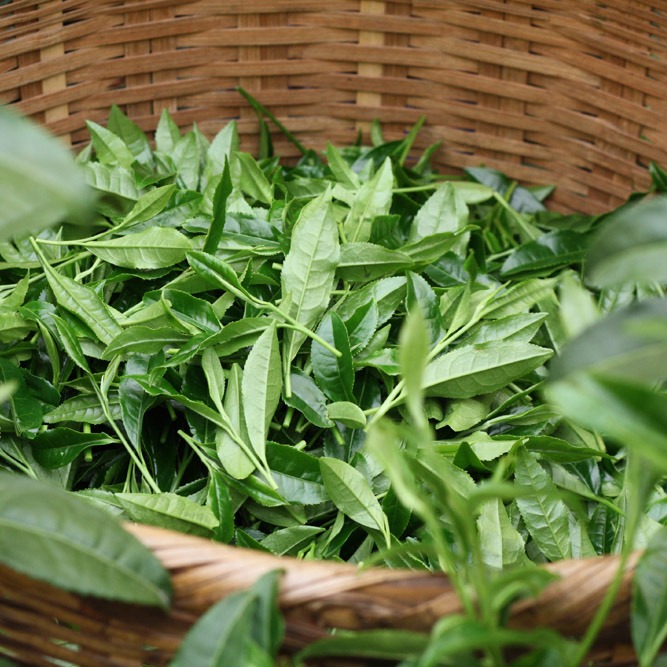Benefits of our Tea
Health benefits of Green Tea
Tea has been cultivated for centuries, beginning in India and China. Today, tea is the most widely-consumed beverage in the world, second only to water. Hundreds of millions of people drink tea, and studies suggest that green tea (Camellia sinesis) in particular has many health benefits.
There are 3 main varieties of tea, green, black, and oolong. The difference is in how the teas are processed. Green tea is made from unfermented leaves and reportedly contains the highest concentration of powerful antioxidants called polyphenols.
Antioxidants are substances that fight free radicals, damaging compounds in the body that change cells, damage DNA, and even cause cell death.
Many scientists believe that free radicals contribute to the aging process, as well as the development of a number of health problems, including cancer and heart disease.
Antioxidants, such as polyphenols in green tea, can neutralize free radicals and may reduce or even help prevent some of the damage they cause.

Other traditional uses of green tea include treating gas, regulating body temperature and blood sugar, promoting digestion, and improving mental processes.
In traditional Chinese and Indian medicine, practitioners used green tea as a stimulant, a diuretic (to help rid the body of excess fluid), an astringent (to control bleeding and help heal wounds), and to improve heart health.
Effects of the Green Tea components
Catechins (Astringency component in tea)
- Decreases blood cholesterol
- Body fat reduction
- Cancer prevention effect
- Antioxidant
- Tooth decay prevention, antibacterial effect
- Anti-influenza effect
- Inhibits high blood pressure
- Anti-hyperglycemic effect
- Bad breath prevention (deodorizing effect)
Theanine (Full-bodied flavor component in tea)
- Neuronal cell protection
- Relaxation effect (promotes α wave production)
- Lowering of blood pressure
Saponins
- Lowering of blood pressure
- Anti-influenza effect
γ-aminobutyric acid (GABA)
- Lowering of blood pressure
Chlorophyll
- Deodorizing effect
Caffeine (Bitterness component in tea)
- Increases alertness
- (decreases tiredness and drowsiness)
- Increases stamina
- Hangover prevention
- Mild diuretic
Vitamins
Vitamin C
- Maintenance of healthy skin and mucus
- membrane (collagen formation)
- Antioxidant
Vitamin B2
- Maintenance of healthy skin and mucus membrane
Folic acid
- Prevention of fetal neural tube defects (NTD)
- Prevention of arterial sclerosis
β-carotene
- Maintenance of nighttime vision
Vitamin E
- Antioxidant
Fluorine
- Prevention of tooth decay
Minerals (Potassium, calcium, phosphorus, manganese, etc.)
- Biological regulators